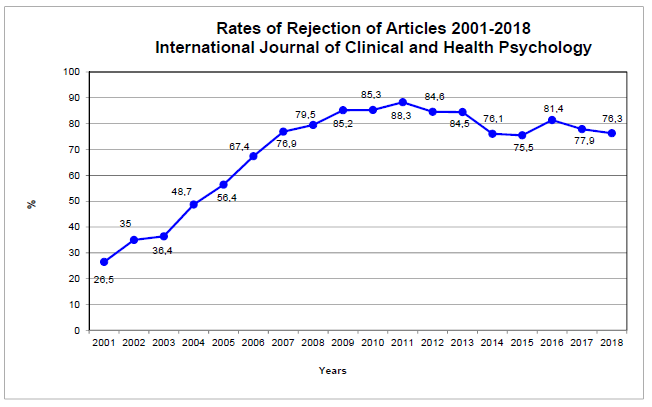The purpose of this study was to compare the psychometric properties of the Screen for Cognitive Impairment in Psychiatry (SCIP) when applied to patients diagnosed with schizophrenia (n=126) or bipolar I disorder (n=76), and also to compare the cognitive impairment in both samples of patients and a control group (n=83) using the SCIP and a complete neuropsychological battery. The SCIP is a scale intended to quickly and easily assess cognitive impairment in patients with severe psychiatric disorders. The results showed firstly that, in terms of internal consistency, temporal stability, dimensional structure, and criterion-referenced validity, the SCIP provides reliable and valid scores at an equivalent level in both schizophrenia and bipolar I disorder samples. Secondly, it showed that differential cognitive impairment between the two patient groups occurs only in verbal memory, although the effect size of the difference is small. Finally, compared with the control group, cognitive impairment was present at all levels in both groups of patients using both the SCIP and the neuropsychological battery, which indicates that the SCIP is a good screening tool for cognitive deficits in schizophrenia and bipolar and useful in clinical practice for healthcare professionals.
El objetivo del estudio fue comparar las propiedades psicométricas del test Screen for Cognitive Impairment in Psychiatry (SCIP) en pacientes diagnosticados de esquizofrenia (n=126) o trastorno bipolar I (n=76). Además, el deterioro cognitivo se comparó con un grupo control (n=83) empleando el SCIP y una batería neuropsicológica completa. El test SCIP es una escala que evalúa rápida y fácilmente el deterioro cognitivo en trastornos psiquiátricos graves. En términos de consistencia interna, estabilidad temporal, estructura dimensional y validez de criterio, el SCIP proporciona resultados al mismo nivel de fiabilidad y validez en pacientes con esquizofrenia o trastorno bipolar I. Además, demostró que el deterioro cognitivo diferencial entre los dos grupos de pacientes se produce solo en la memoria verbal, aunque el tamaño del efecto de esta diferencia es pequeño. Por último, y frente al grupo control, se confirma el deterioro cognitivo a todos los niveles en ambos grupos de pacientes utilizando tanto el SCIP como la batería neuropsicológica, lo que indica que el SCIP es una buena herramienta de detección para los déficits cognitivos en esquizofrenia y trastorno bipolar, y útil en la práctica clínica habitual para profesionales de la salud.
In collaboration with the SCIP Research Group on Cognitive Function constituted by Miguel Bernardo (Institute of Neuroscience, Hospital Clinic i Provincial, IDIBAPS, University of Barcelona, CIBERSAM, Spain), Benedicto Crespo-Facorro (University Hospital Marqués de Valdecilla, IFIMAV, School of Medicine, University of Cantabria, Spain and CIBERSAM, Spain), Manuel J. Cuesta (Hospital Virgen del Camino, Spain), Manuel Franco (Hospital Provincial Rodríguez Chamorro, Spain), Juana Gómez-Benito (Faculty of Psychology, University of Barcelona, Spain and Institute for Brain, Cognition and Behavior (IR3C), University of Barcelona, Spain), Georgina Guilera (Faculty of Psychology, University of Barcelona, Spain and Institute for Brain, Cognition and Behavior (IR3C), University of Barcelona, Spain), Anabel Martínez-Arán (Institute of Neuroscience, Hospital Clinic of Barcelona, IDIBAPS, CIBERSAM, University of Barcelona, Spain), Oscar Pino (Faculty of Psychology, University of Barcelona, Spain and Hospital General Granollers - Benito Menni CASM, Spain), Scot E. Purdon (University of Alberta, Edmonton, Canada), Javier Rejas (Pfizer, S.L.U., Spain), J. Emilio Rojo (Hospital General Granollers - Benito Menni CASM, Spain), Nuria Segarra (Institute of Neuroscience, Hospital Clinic i Provincial, IDIBAPS, University of Barcelona, CIBERSAM, Spain), Rafael Tabarés-Seisdedos (University of Valencia, CIBERSAM, Spain) and Eduard Vieta (Institute of Neuroscience, Hospital Clinic of Barcelona, IDIBAPS, CIBERSAM, University of Barcelona, Spain).





